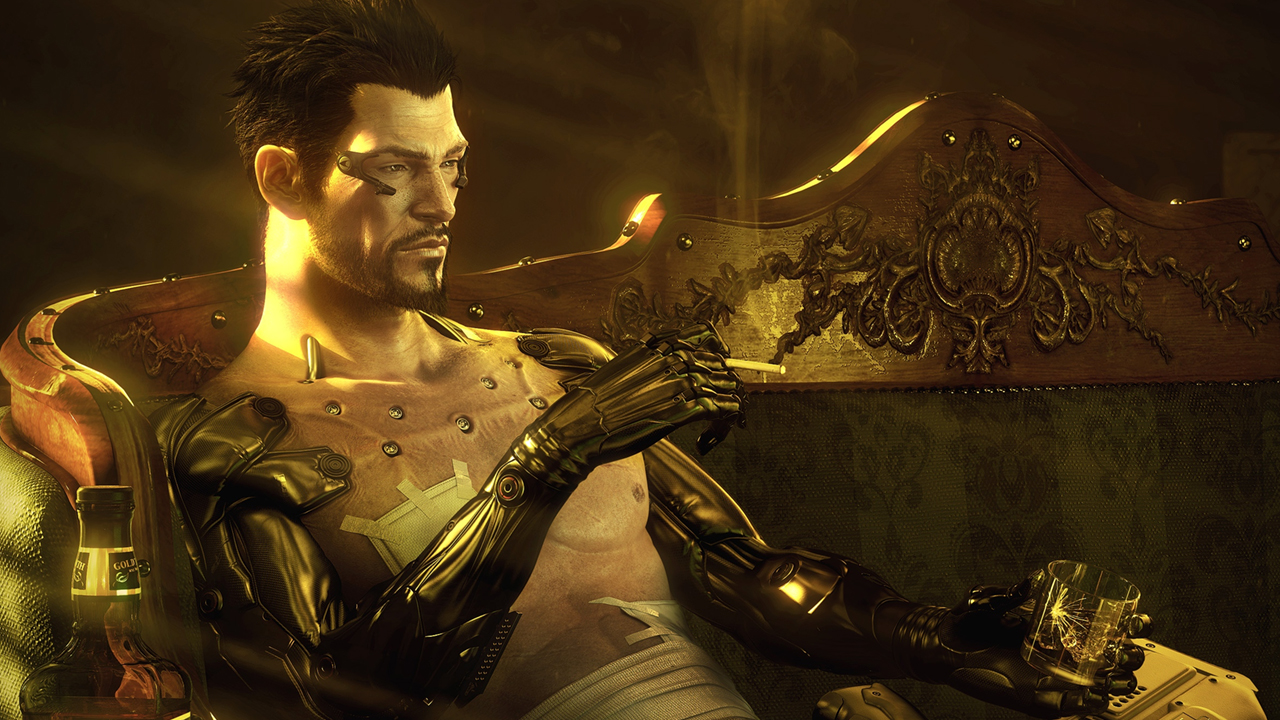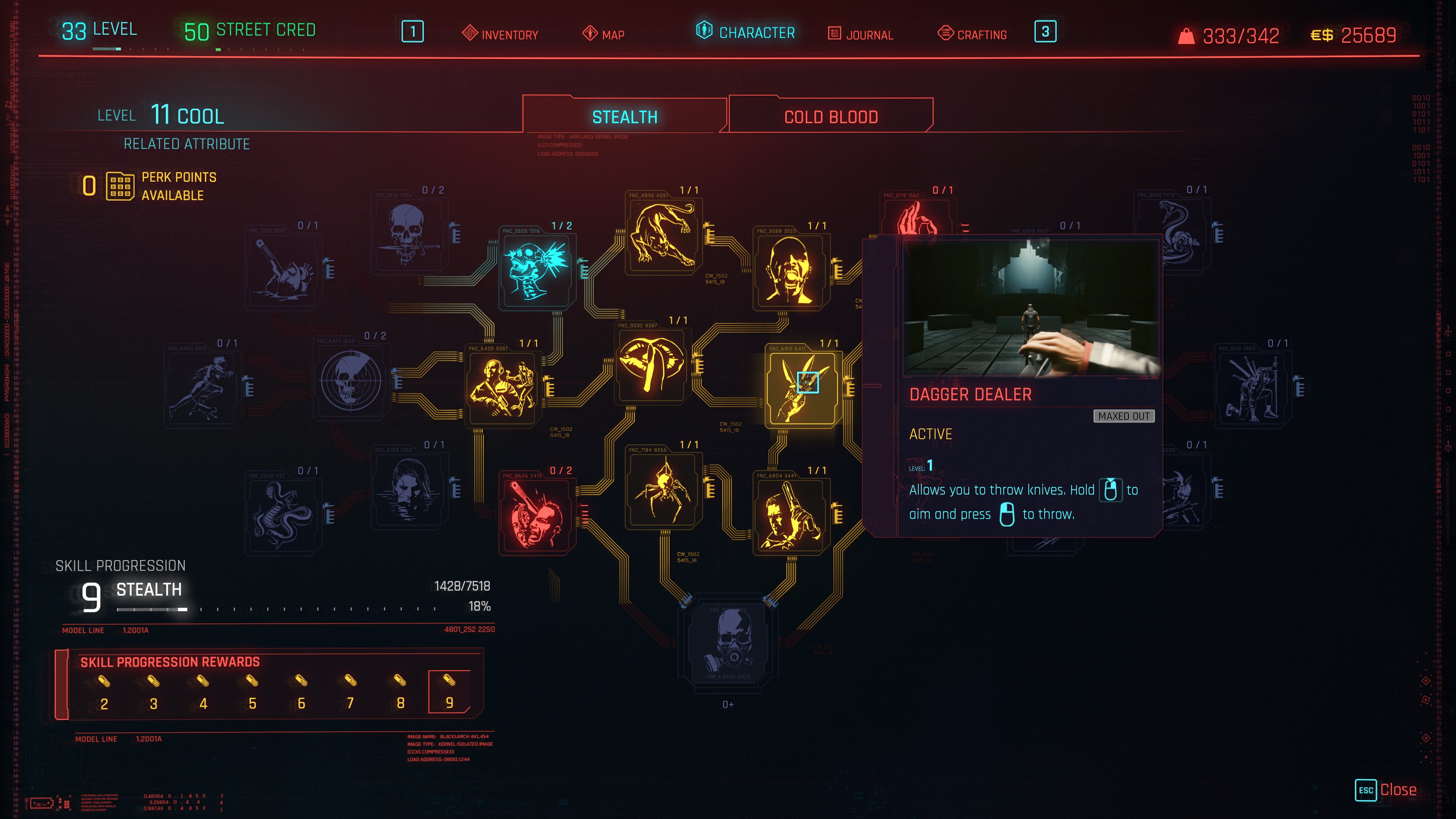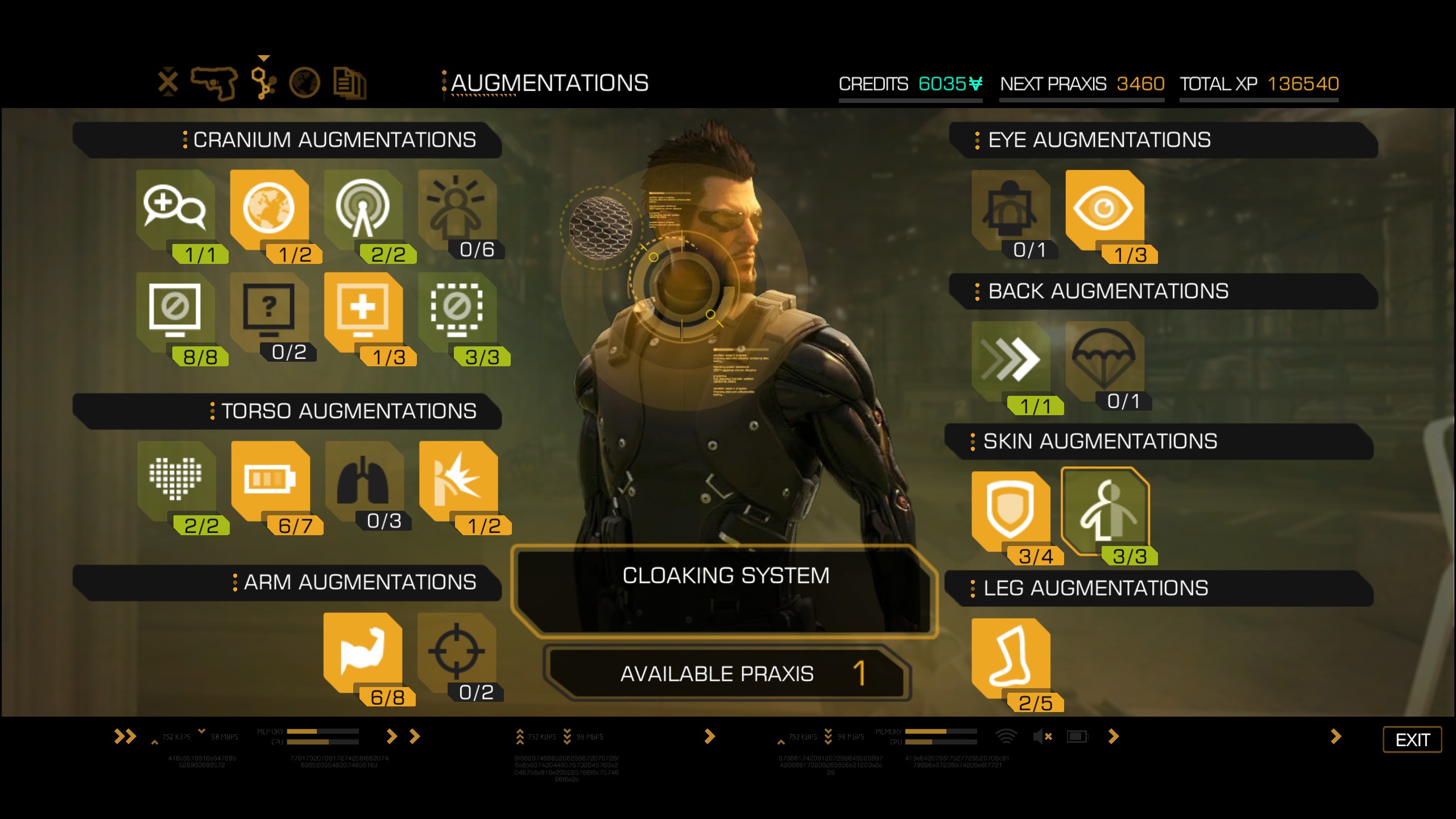After Cyberpunk 2077's rocky launch, it's time to bring back Deus Ex
Cyberpunk 2077's launch has made the release of Daikatana look like a smooth operation, with issues that range from failing to alert players about potential epilepsy triggers—quickly rectified, thankfully—to a PS4 version so fundamentally broken that Sony decided to remove it from sale. There's no question that a lot of people are unhappy with Cyberpunk, but where there's dissatisfaction, there's also opportunity.
Back in 2013, EA launched its reboot of SimCity, which had several amazing ideas scuppered by a handful of terrible design decisions. Two years later, Colossal Order released Cities: Skylines. By taking SimCity's template, avoiding the pitfalls of its predecessor and fixing the problems, the result was arguably the best city-builder ever made.
I think there's a similar opportunity for a canny designer to do the same with Cyberpunk, and this time there's already a perfect series waiting in the wings: Deus Ex. Currently published by Square Enix, the Deus Ex series has been on hiatus since 2016, after the (mostly good) Mankind Divided failed to match sales expectations. But the huge attention and commercial success Cyberpunk has garnered, combined with its equally significant problems, has opened up a window for the series to return.

This would really be things coming full circle. Deus Ex essentially served as the template for Cyberpunk 2077's core, boasting the same blend of fighting, sneaking and hacking. It also shares plenty of themes, like body modification and corporate conspiracies. For all intents and purposes, Deus Ex is a cyberpunk game. But it's never really marketed itself on that premise. When the original Deus Ex launched, the focus was all on its groundbreaking structure and systems. When Square Enix rebooted the series in 2011, that continued to be its appeal.
This isn't to say that a new Deus Ex should sell itself like Cyberpunk—the obnoxious and provocative marketing campaign was one of the worst things about it. But you could market Deus Ex as a Cyberpunk-beater. That might sound arrogant, but in many ways the existing Deus Ex games already are exactly that.
Deus Ex's superiority is particularly evident when it comes to the RPG side of things. Putting aside the bugs and the technical issues, Cyberpunk's biggest problem is that its RPG systems are either poorly implemented or simply don't work at all. Character progression is something CD Projekt Red has struggled with throughout its history. Even in the Witcher 3, the upgrade system is one of the weakest parts of the game. It simply matters less in CDPR's masterpiece, because it doesn't rely on its systems to drive the experience forward.

Cyberpunk 2077, in comparison, is far more systems driven, so its mechanical shortcomings are much more apparent. The perks look impressive when they're all laid out in front of you, but nearly all the upgrades are limited to incremental percentage gains on abstracted stats like accuracy and damage. In the stealth tree, the most exciting upgrade is the ability to throw a knife. The cyberware upgrades are similarly underwhelming. Particularly disappointing are the Mantis Blades, which were the first of Cyberpunk's feature CD Projekt ever revealed. Although they look cool, in practice they hardly alter the base melee combat at all. Adam Jensen's arm chisels are way more fun to use, and they're limited to a sequence of canned animations.
"Being able to see enemies through walls, lift three times your own bodyweight, or run completely silently was revolutionary."
Deus Ex's augmentations, on the other hand, are all about making key choices that drastically alter your character's capabilities. The original game's ideas might not seem novel now, but twenty years ago, being able to see enemies through walls, lift three times your own bodyweight, or run completely silently was revolutionary. The Square Enix prequels, meanwhile, let you punch through walls, cloak to hide from enemies, and launch an explosion of ball-bearings from Jensen's body. Almost every upgrade is either cool, useful, or both, making every new augmentation canister or Praxis point feel like an important discovery.
This sense of occasion is another thing that Cyberpunk sometimes struggles with. This might seem ridiculous given what the world looks like, but I'm not talking about that kind of spectacle, but rather its approach to level and mission design. Every mission in Deus Ex is basically a high-concept heist mission, from the tutorial opening on Liberty Island, right through to you infiltrating Area 51. Each of JC Denton's objectives is framed as "Here's an impossible task, go do it." The more recent games carry this notion through. Mankind Divided's raid on Palisade Bank is one of the single best moments across the entire series.

Sometimes Cyberpunk does this too, and it's little surprise these are the game's best moments. The actual heist mission at the end of the first act and the Parade mission at the close of the second are both superbly realised. But they're also reluctant to let go of the reins, often feeling more like an excerpt from the latest Call of Duty than an RPG. Side gigs tend to be more open-ended, but they all take place in similar, prefab-y looking buildings with throwaway stories. This would be fine if the systems were fun to engage with, But frequently they aren't, and so Cyberpunk's wider world quickly blurs into repetition.
Because of all this, I think a Deus Ex sequel within the new few years would be a huge success. Eidos Montreal already knows how to make it, while Mankind Divided showed they can both push the technical limits and build a more cogent open world. The question is whether both Eidos and Square Enix feel the same way. Adam Jensen's voice actor Elias Toufexis recently stated he has "No idea" about when or if a new Deus Ex might be released, which doesn't bode well.
There's still reason to be optimistic. Since the release of Mankind Divided, developers Eidos Montreal has been working on Marvel's The Avengers, which also failed to meet sales expectations, struggling to recoup its own development costs. Surely someone at Square Enix must be glancing between the wild sales figures of Cyberpunk 2077 and Adam Jensen's mirror-shades, and wondering whether it's time to bring back one of the most beloved series in PC gaming.
from PCGamer latest https://ift.tt/3aFzEiV
via Gamers Online





Post a Comment